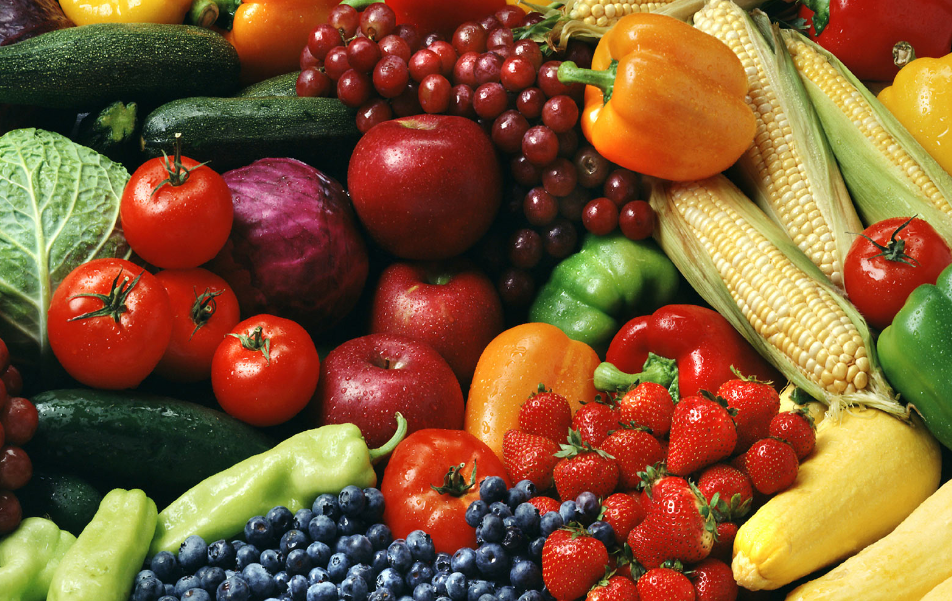For a lot of homeowners, organic groceries are often considered a luxury and are priced higher than their non-organic counterparts. But in the case of many others, the price tag is worth it considering the health and sustainability benefits.
While people are attracted to the benefits of consuming organic foods, the cost is a significant barrier to the switch. The good news is that with a few tips and tricks, you can balance health and budget when going organic. Here are some things you can consider.
-
Prioritize Your Purchases
Not all organic products are created equal, and some are more important to purchase than others. Foods like fruits and vegetables with thin skin, such as strawberries and grapes, should be your first priority.
They tend to absorb more pesticides than other fruits and vegetables. Meat, dairy, and eggs are also high on the priority list since they contain more hormones and antibiotics.
-
Buy In-Season:
In-season organic greens are often less expensive. Furthermore, buying organic in-season produce supports local farmers, and it’s a more sustainable option.
-
Shop At Farmer’s Markets
Farmer’s markets are a great place to find fresh, organic produce at a lower cost. You can often negotiate prices and find deals on surplus items in natural food groceries.

-
Grow your own
If you have a green thumb, consider growing your own organic fruits and vegetables. Rather than buying seeds, use the ones you find in ripe or overripe produce to start a home garden. Not only will you save money, but you’ll also have access to fresh, pesticide-free produce right in your own backyard.
-
Look For Store Brands
Many grocery stores now offer their own organic brands, which are often less expensive than name-brand organic products. Look for these items when shopping and compare prices to get the best deal.
-
Buy in bulk
Buying in bulk can save you money, especially if you are purchasing items like grains, nuts, and dried fruit. These items can be stored for an extended period and are a great option for healthy snacks.
Conclusion
Choosing organic groceries does not have to be a budget breaker. With a little bit of planning and research, you can incorporate organic products into your diet without breaking the bank. As this guide underlines, you can have the best of both worlds: a healthy diet and a balanced budget.


